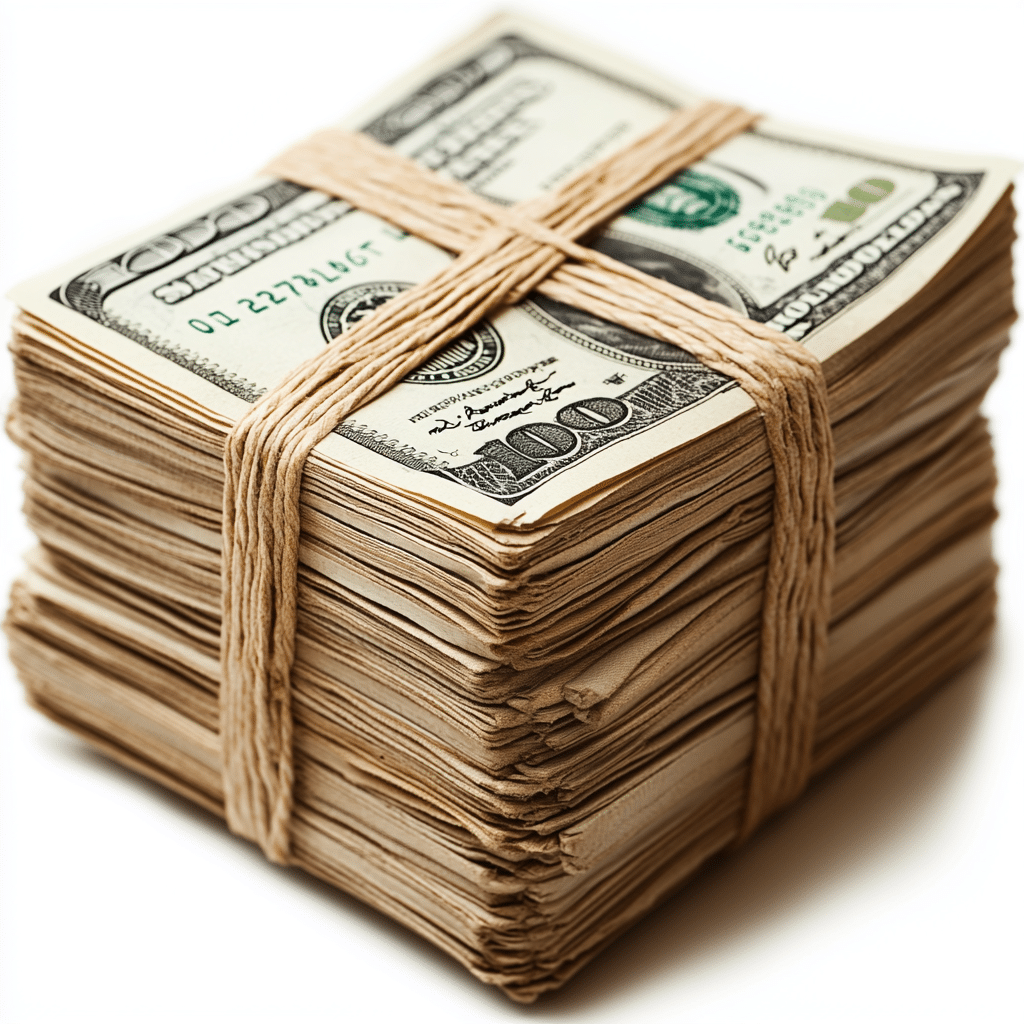Refinancing your mortgage can open doors to savings you didn’t know were possible. However, many homeowners wonder, how much should it cost to refinance? This question isn’t just about the numbers; it’s about creating a financial strategy that fits your unique situation. Understanding the costs associated with refinancing is essential in making a smart financial decision. How much will it cost to refinance? Typically, mortgage refinancing costs range from 2% to 5% of the loan amount. For a $300,000 mortgage, that means you could be looking at costs somewhere between $6,000 and $15,000. Let’s break down the details so you can make an informed choice.

Understanding Refinancing Costs: How Much Should It Cost To Refinance?
When digging into refinancing costs, keep in mind that these expenses aren’t chump change. They can significantly impact your overall savings and financial goals. Whether you’re doing it to score a lower interest rate or to cash out some equity, knowing what you could pay is crucial. How much should it cost to refinance?
On average, homeowners can expect to pay for several key costs, including lender fees, appraisal fees, and title insurance, among others. Taking the time to evaluate these costs can help you decide whether the benefits of refinancing outweigh the expenses. For example, if you’re aiming for low mortgage rates, it’s vital to remember that getting those stellar rates may come with added costs upfront.
7 Key Factors That Influence How Much Will It Cost to Refinance
Your credit score plays a significant role in how much refinancing will set you back. A higher credit score—say above 740—could earn you a lower interest rate, saving you thousands over the course of the loan. In contrast, if your credit score is around 620, you might miss out on those favorable rates and incur more costs.
Interest rates fluctuate, and your timing can make a huge difference in refinancing costs. As of early 2024, average rates hover around 6.5%. This could save you a pretty penny if you’re refinancing from a previous higher rate, say 7.5%. To give you an idea, Bankrate’s initial savings calculator can offer a visual representation of potential savings based on different interest rate scenarios.
The type of refinance impacts your costs. Whether you’re going for a cash-out refinance or a standard rate-and-term refinance can change your closing costs significantly. For instance, a cash-out refinance may incur closer to $4,000 in fees, whereas a traditional refi could run you about $3,000. It’s critical to factor in these variables when deciding how much will it cost to refinance.
Don’t overlook the cost of appraisals; these can range from $300 to $700 depending on where you live. Companies like Redfin charge about $400 for this service. Urban areas tend to have higher appraisal costs, which may push your overall refinancing expenses higher.
Title insurance protects the lender from future claims on the property, and this can also eat into your refinancing budget. The costs can vary greatly—anywhere from $1,000 to $2,500. States with higher housing prices usually see larger fees, so it’s something to consider when budgeting.
Lender fees can add a hefty chunk to your overall refinancing costs—around 1% of the loan amount is typical. Borrowers sometimes pay points upfront to secure a better rate. For instance, at a lender like LoanDepot, these fees can hike your closing costs considerably.
Paying upfront points to reduce your interest rate might feel like a drain on your wallet at first. For example, paying one point (1% of the loan amount) can drop your rate by 0.25%. While that increased cost up front seems significant, the long-term savings can be impressive. On a $400,000 loan, dropping the rate from 6.5% to 6.25% could lead to monthly savings of about $70 or over $25,000 throughout the life of the loan.

Analyzing the Break-even Point on Refinancing Costs
Figuring out your break-even point is crucial when contemplating a refinance. This is the moment when your savings from lower monthly payments surpass the costs of refinancing. If your refinance costs $6,000 and you save $250 a month, your break-even point is 24 months. After that, you’re saving money, which can be especially enticing if you plan to stay in your home for several years.
Let’s say you refinance a $400,000 mortgage from a 7% rate to 5.5%, with closing costs of $8,000. In this case, a monthly payment reduction of around $400 means you’ll start seeing savings after just 20 months. This makes for a solid financial strategy for someone who intends to stay put.
Innovative Strategies for Lowering Refinancing Costs
Final Thoughts
Sorting through the intricacies of refinancing can feel overwhelming. Understanding how much should it cost to refinance and the potential financial implications is critical. Take a hard look at your financial situation to determine if refinancing is the right move. Don’t forget that each homeowner’s journey is different. By doing your homework and evaluating costs and savings, you’re setting yourself up for smarter financial decisions down the line. Refinance today and step closer to reaching your financial goals!
For more information about current conditions, check out our page on mortgage rates, or learn about the first time home buyer ny programs available in your area. Understanding what Appraisers look For can also give you an edge. Happy refinancing!
How Much Should It Cost to Refinance
Refinancing your mortgage can feel like a game of chance—like trying to win big on a slot machine. The cost is usually tied to several factors, such as your credit score, the type of loan, and current interest rates. Speaking of interest rates, do you know what the average What ‘s The 30-year mortgage rate is? Tracking these rates can help you determine if now’s the right time to jump in for a refinance. It’s a dynamic number that influences how much you might save in the long run.
Understanding Costs and Savings
When you’re figuring out how much should it cost to refinance, keep in mind the various fees involved. These can include closing costs, appraisal fees, and other charges that might catch you off guard. If you’ve been mulling over the thought of refinancing but wondering How soon can You refinance a home mortgage, it may be sooner than you think! Many people are surprised when they find out they can refinance almost immediately after their home purchase—especially if rates drop.
But wait, there’s more! For those with specific financial situations, you might want to check if there ‘s any Lenders who do N’t require credit check. While your credit score typically plays a significant role in the rate you’re offered, some options can help you skip the credit check, making it a faster and sometimes cost-effective choice. Think of it like using a stabber to simplify a task—you get things done without extra hurdles.
The Bigger Picture
Wondering how much should it cost to refinance really adds up when you think of potential savings. Studies show homeowners can save thousands of dollars in interest over time, especially with favorable How much Is one Bitcoin worth being a possible investment strategy if you’re savvy with your funds. Also, if you’re looking to buy a second home or invest, knowing How much home loan do I qualify For can guide your refinancing process!
So, if you’re toying with the idea of a refinance, remember to crunch the numbers. Track current fees, interest rates, and your eligibility for various lenders. Timing your refinance just right can turn your financial dreams into reality. Plus, don’t forget about possible options like navigating the tax deed sales for additional avenues to explore. Plenty of strategies can help you save money, and this journey can potentially pay off handsomely!




